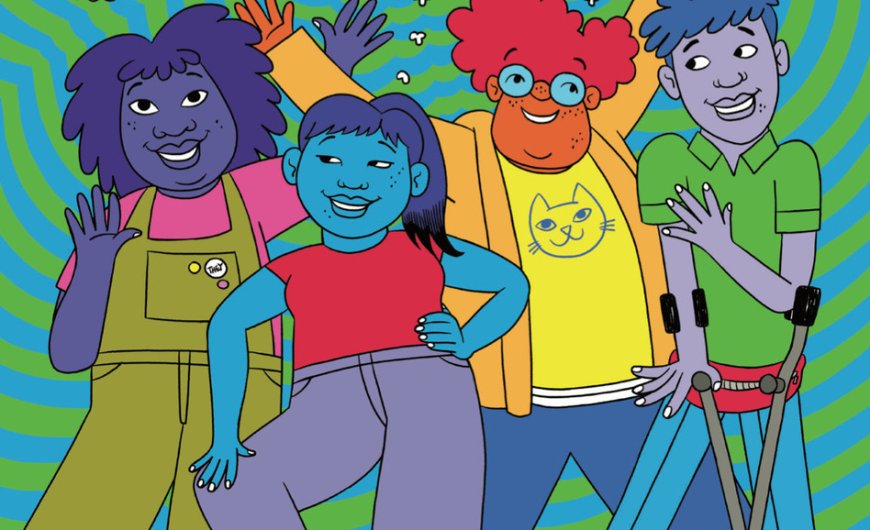Breaking Down Comprehensive Sex Education: What Every Parent and Educator Should Know
Learn what comprehensive sex education includes, why it matters, and how parents and educators can support evidence-based programs that promote student health and safety.

Post: Breaking Down Comprehensive Sex Education: What Every Parent and Educator Should Know
Comprehensive sex education remains one of the most debated topics in modern education, yet its importance cannot be overstated. As parents and educators, understanding what comprehensive sex education truly entails is crucial for making informed decisions about young people's health and wellbeing.
What is Comprehensive Sex Education?
Comprehensive sex education goes far beyond the basic biology lesson many adults remember from their school years. It's an evidence-based approach that provides age-appropriate information about human sexuality, relationships, and health throughout a person's educational journey.
Unlike abstinence-only programs, comprehensive sex education acknowledges that young people need accurate, complete information to make informed decisions about their bodies and relationships. This approach has been endorsed by major health organizations including the American Medical Association, the American Academy of Pediatrics, and the World Health Organization.

Core Components of Quality Programs
Effective comprehensive sex education programs typically include several key elements. Human development covers anatomy, reproduction, puberty, and sexual orientation in age-appropriate ways. Relationship skills focus on communication, consent, and healthy relationship dynamics.
Personal skills development helps students build decision-making abilities, goal-setting skills, and the confidence to resist peer pressure. Sexual behavior education provides factual information about abstinence, contraception, and pregnancy prevention. Health information addresses sexually transmitted infections, HIV prevention, and reproductive health care.
Addressing Common Concerns
Many parents worry that comprehensive sex education will encourage sexual activity among young people. However, research consistently shows the opposite effect. Students who receive comprehensive sex education are more likely to delay sexual activity and, when they do become sexually active, they're more likely to use protection.
Another common concern involves age-appropriateness. Quality programs are carefully designed with developmental stages in mind. Elementary students might learn about body parts and personal safety, while middle school students explore puberty and peer relationships. High school curricula address more complex topics like consent, contraception, and sexual identity.

The Role of Parents and Families
Comprehensive sex education doesn't replace family conversations about sexuality and values. Instead, it provides a foundation of accurate information that parents can build upon with their own family's values and beliefs.
Parents remain the primary sexuality educators for their children. School programs can complement family discussions by providing medically accurate information and creating opportunities for meaningful conversations at home.
Benefits Supported by Research
Numerous studies demonstrate the positive outcomes of comprehensive sex education. Students who participate in these programs show delayed initiation of sexual activity, reduced rates of teen pregnancy, and lower incidence of sexually transmitted infections.
Additionally, comprehensive programs help reduce sexual violence by teaching about consent and healthy relationships. They also support LGBTQ+ students by providing inclusive information about sexual orientation and gender identity.
Implementation Considerations
Successful comprehensive sex education requires trained educators who can present sensitive information professionally and age-appropriately. Programs should be culturally responsive and inclusive of diverse family structures and backgrounds.
Community engagement is essential for program success. Schools that involve parents, health professionals, and community leaders in program development tend to have more successful outcomes and greater community support.

Moving Forward
As we consider the future of sex education, the evidence clearly supports comprehensive approaches. Young people deserve accurate, complete information to help them navigate their developing sexuality safely and responsibly.
Whether you're a parent evaluating your school's curriculum or an educator designing programs, understanding the components and benefits of comprehensive sex education is essential for supporting young people's health and wellbeing.











